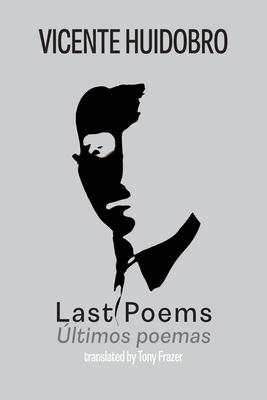The Chilean poet Vicente Huidobro (1893-1948) is one of the most important figures in 20th-century Hispanic poetry and, with Csar Vallejo, one of the pioneering avant-gardists in Spanish. Originally from an upper-class Santiago family, Huidobro was fortunate to have the means to support himself and his family while he found his artistic way. After an early phase writing in a quasi-symbolist style in his native city, he moved to Paris and threw himself into the local artistic milieu with a passion, quickly becoming a notable figure, publishing a large number of books in the period 1917-1925. Influenced initially by Apollinaire, Huidobro quickly befriended both forward-looking French writers such as Reverdy, Cocteau and Radiguet, and the Spanish expatriate artists, including Picasso and Juan Gris.
He reached his poetic maturity in 1931 with the publication of two master-pieces: the long poem, Altazor, and the book-length prose-poem Temblor de cielo (Skyquake). Two further collections would follow during his lifetime, both published in Santiago in 1941. While he also published successful novels and plays, it is for his poetry that he is best remembered today.
Last Poems is a posthumous volume assembled by the poet's daughter and issued some 6 months after his death. While it contains some scraps from the master's desk, as might be expected, it also contains some magnificent late poems that can stand securely alongside the best of his earlier work. It is a necessary volume and this is the first time it has been translated in its entirety.
